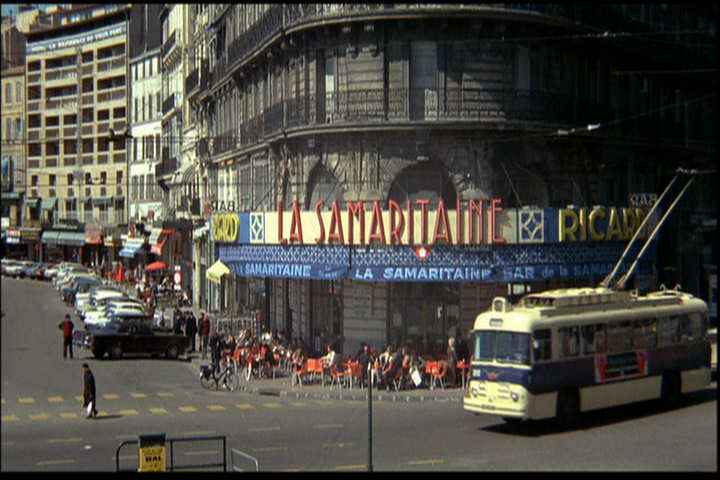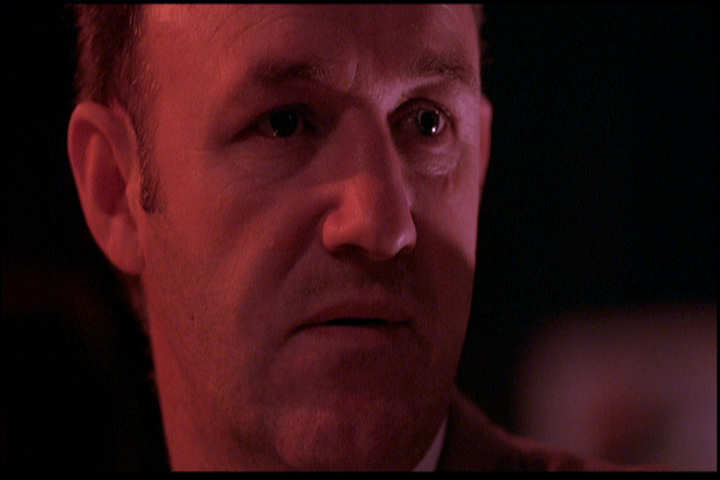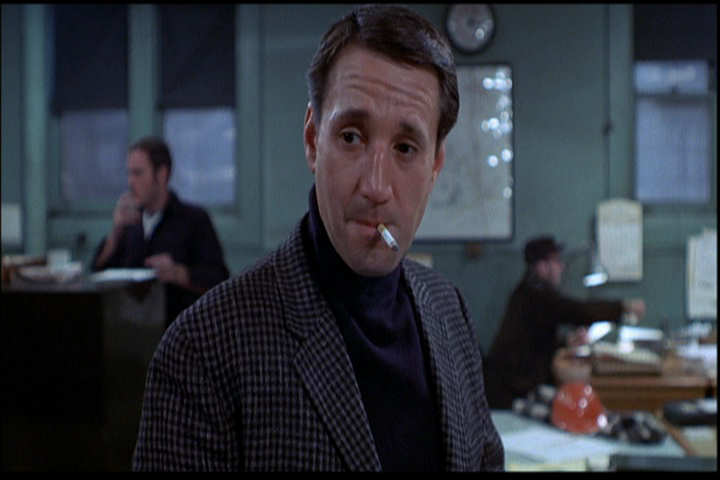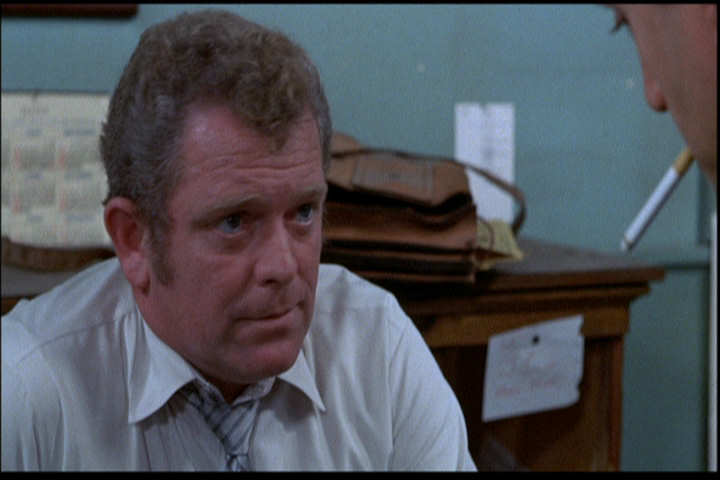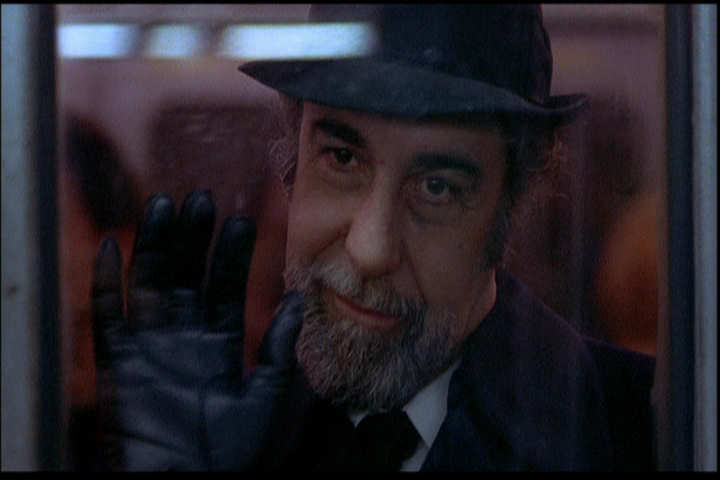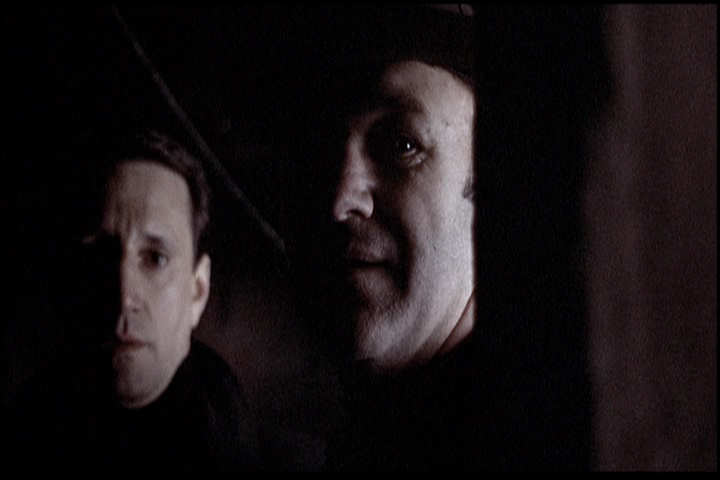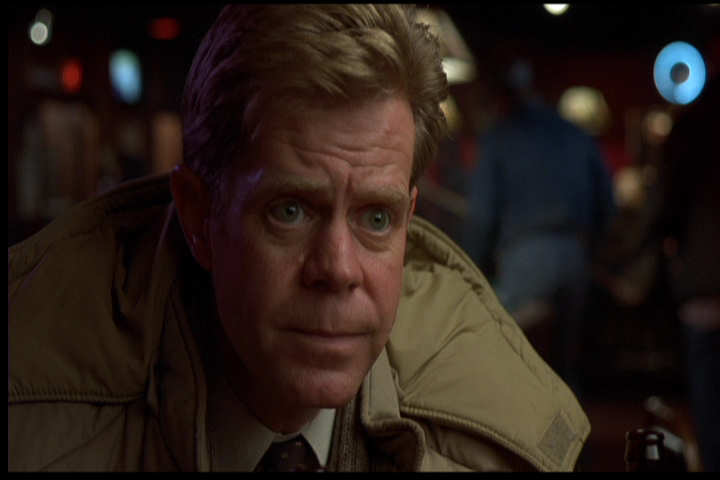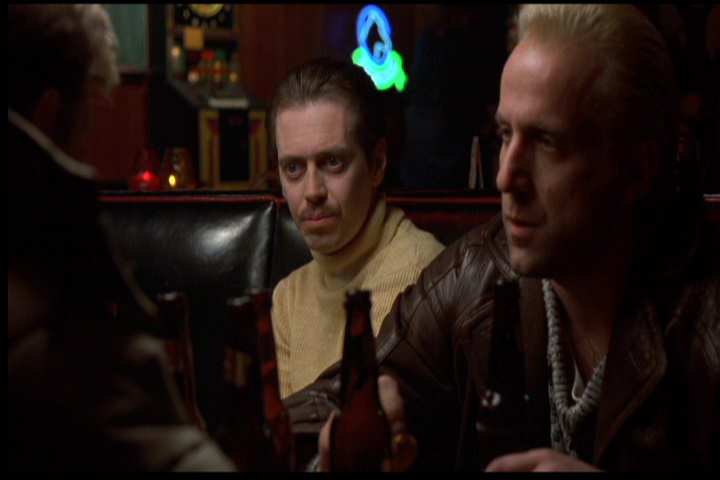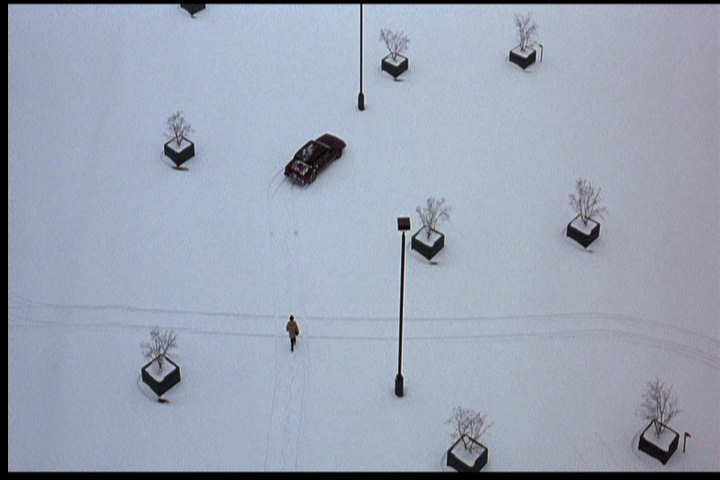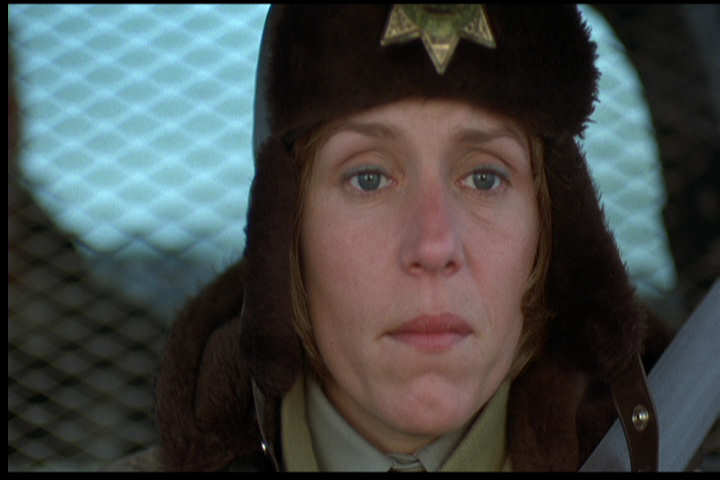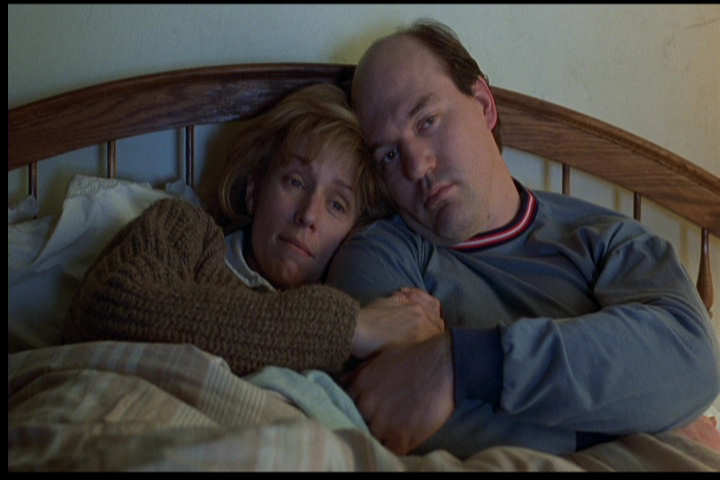Business Ethics Part 1 - It's Nothing Personal (Or Is It?)
2007-06-13 18:52
The other day, a friend of mine, whom I highly respect and admire, described a real estate scenario prefaced with "this might seem mercenary". Essentially, it was the approach of buying real estate after a natural disaster such as an earthquake or hurricane. The property prices would naturally be lower, and if the house was expected to be torn down, a good deal could be had.
I casually mentioned that I'd feel better about such a deal if the seller were to receive a bit more than his selling price. My friend said, "No, this is business. You have to keep personal situations out of it. If I'm buying a house, I don't need or want to know what problems the seller is having."
We didn't go into depth on this subject, but it did get me thinking about how I conduct my own business, how I think about business transactions, etc. So, here's part one of a two part post on business. The two parts are:
1. When should business be personal (if ever)?
2. What's business for? (The subsistence business model)
I welcome your comments, either based on your opinion, your experience, or both.
The Classics
There are two classic examples I'll refer to.
A person is at a garage sale and finds an item worth $1000 for sale for $1. In other words, the seller doesn't know what the item is worth.
The seller has had a misfortune, and must knowingly sell at far less than a typical price. In other words, the seller may be losing money on the deal.
The first example is often justified by the buyer this way: "It's a win-win. The seller is getting the price he wants, and I'm getting the item I want."
The second example is often justified by the buyer this way: "You won't do any better, and at least you're getting something." (The "take it or leave it" argument.)
Win-Win
I'm certainly a believer in the so-called "win-win" solution. Both buyer and seller should walk away from the sale feeling good, or at least good enough. Ah, there's the rub. Good enough isn't the same thing as good. Good enough all too often means "we're both giving up something important to us. We're each losing equally." That's not a good feeling, is it? The best we can hope for is to suffer the same as the other party?
In the garage sale example, the win-win is based in ignorance. The seller only wins if the buyer remains ignorant. I can argue that the seller should have researched the item, and that's true. I can argue that the buyer isn't responsible for the seller's ignorance (or vice versa), and that's also true. Or is it? Is a business transaction a competition? Or a cooperation?
It's a cooperation if both parties consider what's best for themselves and each other. That is, they deal in good faith, fully disclose information, and--in essence--try to protect each other from harm.
It's a competition if either party doesn't cooperate. And it's very difficult to know if the relationship is competitive, because cooperation requires both verification and trust that verification isn't needed. In other words, to cooperate with you, I have to trust you. To trust you, I have to know what to expect. And, to know what to expect, I normally need experience with you, or evidence of others' experience with you.
I think most people want a cooperative business transaction. But I also think they treat valuable transactions as competitive, because it's easier to not trust. Huh? Yes, it's easier to not trust, because you only have to verify the other person is telling you the truth and you never have to assume he is. You always assume the other person is lying.
In a cooperative transaction, you can attain win-win.
In a competitive transaction, you can only attain "don't lose"-"don't lose".
Getting Something
My grandparents and great grandparents were Oklahoma farmers. They survived the Dust Bowl. And the Great Depression. I'm sure there are numerous stories I don't know about them, probably involving good luck and good sense. The point I want to make is that I have an idea of misfortune. Just an idea, no true experience. Can you imagine investing tremendous amounts of money, time, sweat and pain into something? And then, to have to receive one tenth of what you've put in? And you accept that, because to do otherwise means your family will die? But there's a good chance your family will die anyway because you're not getting enough to live.
The real reason this bothers us, when we're the seller due to misfortune, is when we know the buyer expects to make a tremendous return on his investment. Not a 10% or 15% profit, but 500% right away. We know we're being taken advantage of.
There's the opposite scenario, where the seller takes advantage of the buyer. It's typified by the "used car salesman". The buyer knows he's getting shafted, but he needs the car. The justification is exactly the same: you're getting something. In my case, I clearly remember a car salesman telling me at signing that an agreed upon feature wouldn't be included. When I hesitated, he said, "But you've got the car!" I fell for it, but never felt good about it, even though I did like the car. This was a false win-win (see above).
But wait a minute. We all have crap happen to us. If I'm in a car accident, I can't expect to sell my car for the same price as if it were in perfect condition, right? Yes, that's right. If my $100K home is leveled by a tornado, I can't expect to sell it for the $120K it was worth beforehand. Yes, that's right.
So what's my complaint?
Fairness
1. Being fair isn't the same as being equal.
2. Fairness is subjective.
3. We try to make fairness objective.
I have a saying. "Life isn't fair, but people should be." Fairness is pretty tricky, and has lead to ended friendships and marriages. It's landed executives in prison. It's been a reason for war. What's fair to me may not be fair to you. In some cases, it may be impossible to be fair to all parties.
But that doesn't remove our obligation to try.
A great deal of our grief as a species, society, community, couple, etc. comes from the belief that all resources are limited. There must be haves and have-nots. There isn't enough to go around. There are always winners and losers.
Baloney.
Part of the greatness of human beings is that we've eliminated tremendous numbers of limited resources. And when a resource is limited, we can replace it with an unlimited resource. Now, let me be clear. When I say "unlimited resource" I don't mean that literally. I mean "no one has to go without this for any practical reason."
Part of the horror of human beings is that we still treat unlimited resources as limited. We do this to maintain power over others, or out of fear.
There's plenty of food on this planet. Humans are incredible at producing food. To quote singer Harry Chapin, "Why, why, why are people going hungry?"
In the U.S., I believe there's plenty of money. But we have terrible debt, and an unconscionable discrepancy between the wealthy and the poor. Why? Because people believe that money is limited, and they need to own as much as they can. To what end? Metaphorically, if you own a million times more water than you can drink, whom does that benefit?
Our biology hasn't caught up with our society. In our brains, we worry about the famine. We improperly tie our survival to hording.
Economics
All I know about economics comes from the film A Beautiful Mind. Someone's going to say a movie isn't a good place for an economics education. But I'm only interested in one idea. In the movie, John Nash provides an alternate theory that, when applied to economics, overturns the established one. He shows that in a group, when all individuals do what's best for themselves, this doesn't intrinsically lead to gains. Rather, when all individuals do what's best for themselves and for the group, a better result is achieved.1
This appeals to me because it confirms something I've read about (though not extensively), which is that cooperation is stronger than competition. I'm not against competition. For instance, I fence, which is certainly competitive. I recognize that competition can improve us. As a friend of mine says, we "sharpen steel against steel."
But I reject the notion that competition is always--even often--the best way to improve. Competition is based on the two beliefs above: A transaction is, at best, "don't lose"-"don't lose". And, there are limited resources (there's always a winner and a loser).
When business is conducted where the individuals cooperate for the good of themselves and the group, I believe there are better long term results, and often better short term results. The situations where this won't be true are actual survival situations, where only a limited number of people can live. As proposed above, I think there are very few, if any, of these situations in our lives. We treat situations as life or death, but they really aren't, and we harm society by treating them that way.
Solutions
Where does this leave me in my response to my friend? What do I (hope) to do when faced with a chance to make a bundle from someone's ignorance or misfortune?
Well, with any of my friends, I explain with respect, I listen, and we resolve our differences. It's personal, so it has to be a balance of the rational and the emotional.
And as a buyer or seller? Well, I think it's somewhat the same. The saying goes, "It isn't personal. It's only business." Never. It's always personal. There's always a person involved. The issues are the same, whether it's buying property or discussing potential ethical differences. How do you balance facts and feelings?
Here are some ideas based on my examples. They are behaviors I hope I could employ. They--sadly--aren't idealistic. But I think I could live with them. They are all based on the idea of a fair price.
An item at a garage sale is priced at $1, but is worth $1000.
There's one question I'd have to answer. Do I want to own the item? Let's put a real world purchase on the table: A 1978 Heuer Chronosplit LED/LCD Watch in working condition. If I saw one for a dollar, I'd buy it in half a heartbeat. And here's a twist to consider. I wouldn't sell it. That is, there's no profit for me in the purchase.
It's tempting, isn't it? To just walk away? But here's what I hope I'd do. I'd go back to the seller after a short period of time and ask, "Do you know how much this was really worth?" If the answer is "Yes. I don't care.", then the transaction is complete. But if the answer is "No" then I'd hand over half the item's current fair market value. This is far less than if the seller had known the value, but far more than he received "in good faith." And I'm still paying far less than usual. I could walk away from this with a clear conscience.
If the answer to my first question is that I don't want to own the item, then it's pretty simple. I go to the seller and say, "Did you know that Beanie Baby is worth $500?" The answer is irrelevant. I have now done the right thing, even though I'm not going to buy the item. I've benefited the group at no penalty to myself.
A property is available after a natural disaster, or some other misfortune, at a very low price
I have a set of questions to answer. Some of these are competitive. I have to find out if the seller is telling the truth. It's possible that the property is worth even less than the offer, and that I'm being taken advantage of due to the circumstance. So,
1. What was the fair market value of the property before the misfortune?
2. Is the property still worth that? In other words, is the seller taking what he can get due to divorce, death, etc.? (This situation is similar to the "seller's ignorance" situation.) Or is the property truly worth less, such as a house flattened by a tornado?
3. Am I harming the person by paying too little? Yep, this is a difficult question. It's a "non-business" question. But it's a question I have to live with. It's also a question I wouldn't ask the seller. I have to decide for myself. I mustn't put the seller in the dishonorable situation of accepting charity, or tempt him to take advantage of my good intentions.
One thing I believe is that there's absolutely nothing wrong with paying more than someone is asking. Let me say that again, in a different way.
There's nothing wrong with not maximizing my profit.
I'll discuss this more in part two.
But how do I pay more without setting myself up for being fleeced in the future? What's more, how do I increase the chances for a cooperative transaction where I clearly have the upper hand?
One way is to pay the agreed upon price, and then send more money later. This is similar to my garage sale solution. But I don't like it here. The seller probably knows what the property is worth. It strikes me as a pseudo-altruistic bait-and-switch. It's essentially dishonest, because I'm planning to pay more later. I'm dealing in bad faith.
I can't ask "May I pay more than you're asking?" That puts the buyer in a bad situation. He's too likely to say "No" out of his own ethical conscience. We're back to not accepting charity.
So it seems to me I have to research the sale, answer my questions, and then go back to the seller with my offer. And my offer must be "I want to buy your property, but I insist on this higher selling price. I think it's a fair price."
Do you see? The seller has a stated reason for the higher price. "It's fair in my view." The seller can negotiate the price down with a clear conscience. "No. I'll take more, and be grateful, but not that much more." Or, the seller can just accept the offer. The seller can also decide to not accept the offer, in hopes of getting more from someone else. In other words, my offer may make him rethink his property's value. But my response will probably be, "I don't think you'll find a better offer, so I'll keep mine on the table." I can walk away from the deal because I've offered a fair price.
At no point has anyone said, "I'm doing this to help you." But everyone knows that's part of the decision. I believe that's dealing in good faith.
Finally
I have nothing against a good deal. But I believe a good deal should be seen as a good deal by everyone both before and after the transaction. Buyer's remorse and seller's regret should be minimized.
What do you think?
1The actual theory is a game theory called the Nash Equilibrium. I won't pretend to understand it.

